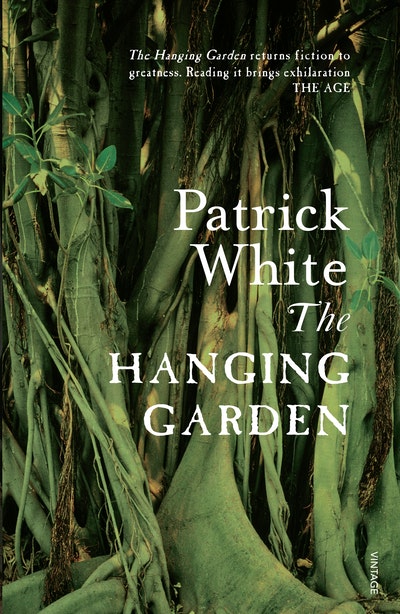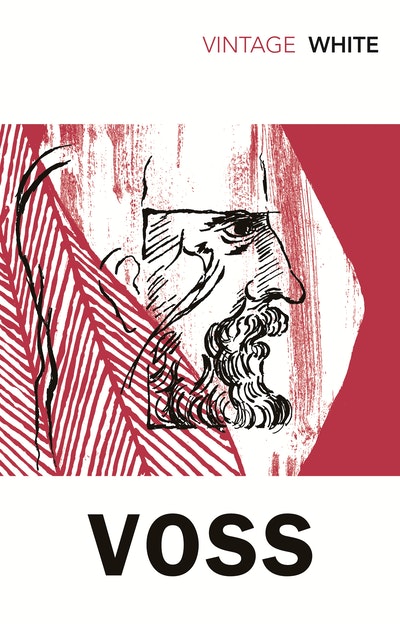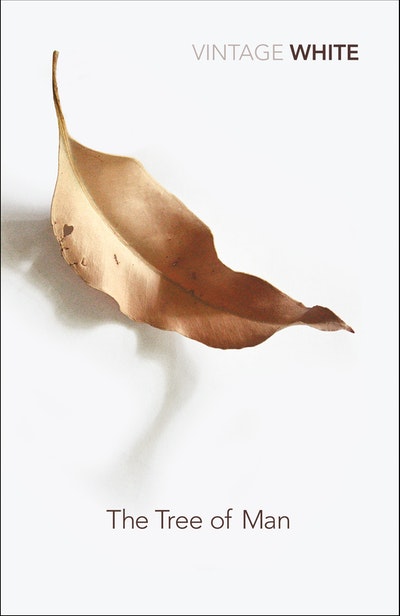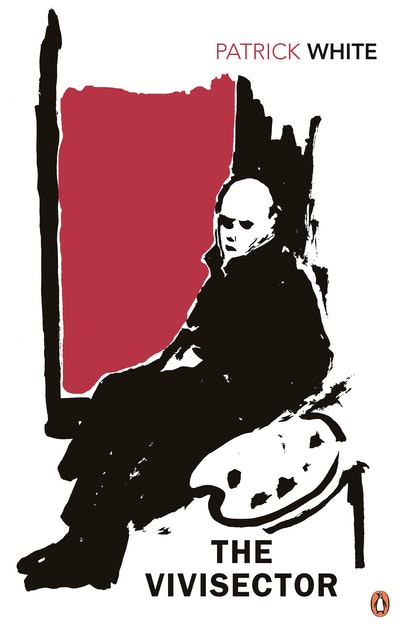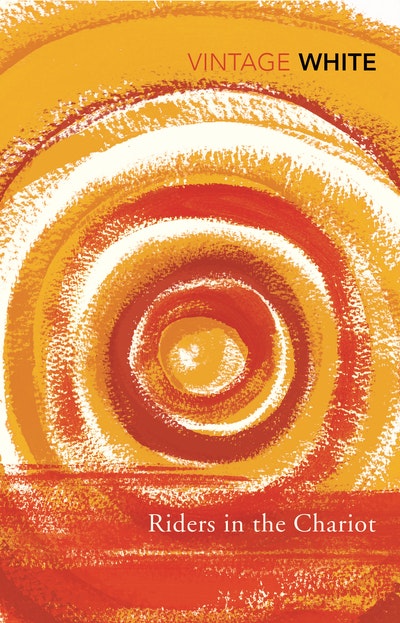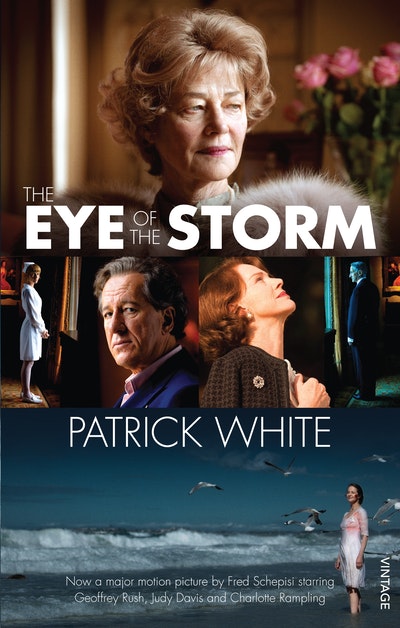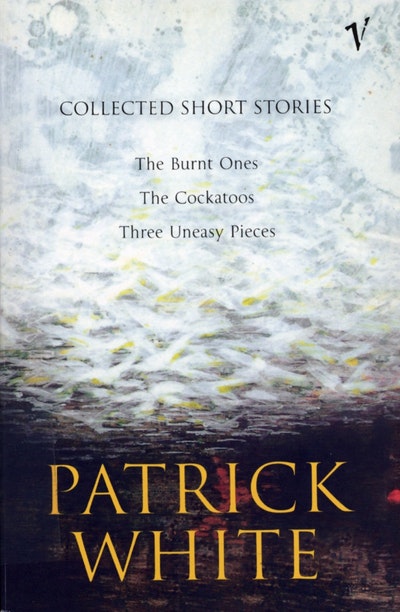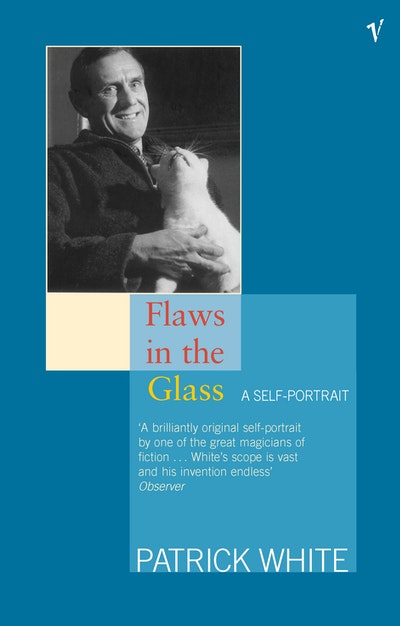- Published: 2 April 2012
- ISBN: 9781742752679
- Imprint: Random House Australia
- Format: EBook
- Pages: 240
The Hanging Garden
- Published: 2 April 2012
- ISBN: 9781742752679
- Imprint: Random House Australia
- Format: EBook
- Pages: 240
The world is a richer place now that we have The Hanging Garden.
J.M. Coetzee, The New York Review of Books
The Hanging Garden is different and, for lovers of White’s work, hugely exciting. It depicts, with extraordinary delicacy, what goes on at that moment in life when the young mind is beginning to “make sense” of sensation. It is, I think, something entirely new in his work. The Hanging Garden is a novel for our time — a story about parentless children, mistreated by a world that, by its lights, intends no harm but nonetheless does enduring damage. In an oblique way, “The Hanging Garden,” with its adoptee hero and heroine, supports that plea — that we should know our children better and feel their vulnerability, not recycle them or treat them like excrement.
John Sutherland, The New York Times
What we have between these green covers is an unfinished, unedited sketch. It is also the late, virtuosic performance of a master. Here is White conjuring in 200 pages one of the most vivid, erotically charged, emotionally wrenching works of fiction, I've read this century. It is a fitting coda to White's achievement. It reminded me of why I loved White, the thrill I'd had when I first fully entered his fictional world, the shock of realising this was an Australian writing about places and people I knew amplified to a grand scale, the ordinary become extraordinary.
Jane Gleeson-White, The Age
Its shortcomings notwithstanding,The Hanging Garden returns fiction to greatness. Reading it brings exhilaration, tinged with dismay at our diminished expectations of the literary novel. White’s last book is hardly the summit of his fiction, but it feels like a gift.
Michelle deKretser, The Monthly
We have learned by now to approach posthumous publications with suspicion. Too often they are fragments dressed up as full narratives, mediocrity passed off as genius. Once in a long while, however, if an executor is working in the author's best interest, and if outside advisers and publishers are intelligent and able, then a truly deserving work may be retrieved from oblivion to reanimate our sense of wonder at what a particular writer can do. The Hanging Garden is such a book.
Geordie Williamson, The Australian
I've just finished reading a proof of Patrick White's novel, which he left unfinished at his death. Backstory: thirty years ago, white was the first contemporary, living, modernist novelist whom i read, loved and wolfed down in great quantities. I hadn't gone back to him for a long, long time so i was worried that he might have changed for the worse in my absence. He hadn't. The novel contains all the things I once loved about his writing. It's unfinished in the sense that it is (or so we assume) the first of the intended three parts of the novel, so it reads like a novella with an inconclusive ending, but I don't think most of white's readers are/were greatly driven by a desire to know what happens next. He's simply not that kind of writer. He is all about language and style and vision and sensuality. Thankfully, he seems to have carefully edited the text as it stands (he also, rather frighteningly, seems to have produced an exceptionally polished first draft), leaving only a couple of notes to himself and a handful of passages an editor might want to question (part of the fun of this kind of unfinished novel, is that you can play the editor).
Mark Haddon
A great wisdom informs each scene and yet we read swiftly and eagerly. There is a startlingly raw truth to this story which, for me, evoked long-forgotten memories. This is great writing for our time. Moving and beautiful, The Hanging Garden is a Patrick White novel we can all read with pleasure.
John Purcell, Australian Bookseller + Publisher
It is an elegant, elegiac ending to a work that - however conceived in its full extent - brims with freshness and acuity. The Hanging Garden may be unfinished, but it does not feel incomplete.
Peter Pierce, The Canberra Times
It's been a long time since I've been so shaken with admiration for a novel. He's a giant.
Geordie Williamson, Twitter
Always engaging and intermittently brilliant.
Peter Conrad, Australian Book Review
In the end, I drew the conclusion that even Patrick White’s abandoned projects are immaculate, without a single well-worn or commonplace turn of phrase.
Will Heyward, Readings
The narration slides effortlessly between first, second and third-person view - a feat few writers could pull off. Overall, this is an intensely satisfying and impressive novel.
Blanche Clark, Herald Sun
It's books like this one that have the power to reawaken our appreciation for a particular writer's unique talents.
The Week
